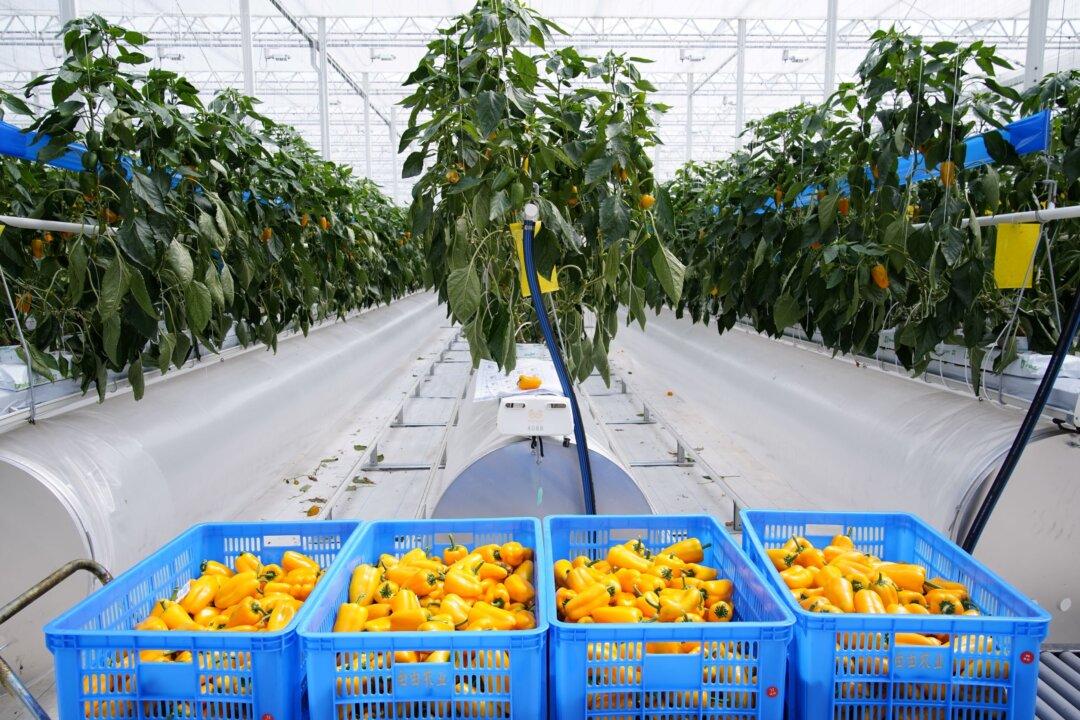BEIJING—Vegetable prices are surging in China after heavy rain swamped crops this month, fuelling concern over food prices at a time when consumers must brace for a hike in energy costs in the run-up to winter.
Unusually heavy rains drenched northern swathes of China in September and early this month, flooding the top vegetable-growing province of Shandong.





